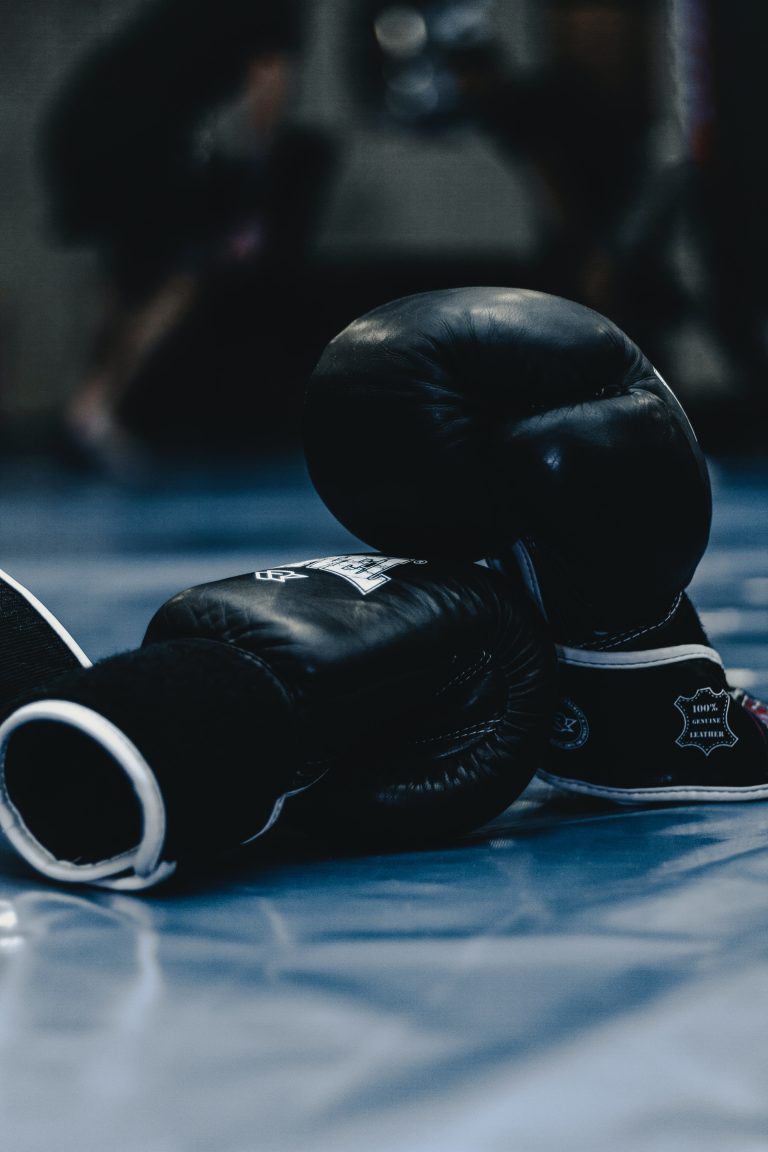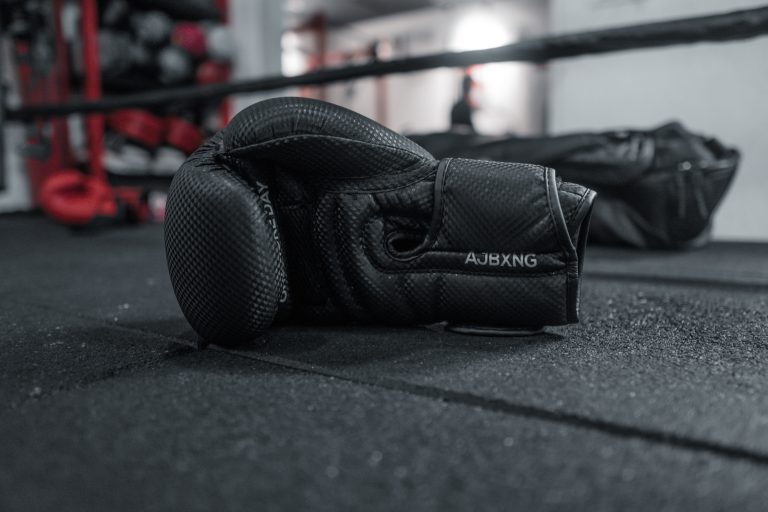How to Start Karate: A Comprehensive Guide
If you’re interested in martial arts, karate is a great place to start. It’s beginner-friendly, widely available, and has a long history and tradition. However, starting any new activity can be challenging, and karate is no exception. In this guide, we’ll cover everything you need to know to start practicing karate.
What is Karate?
Karate is a martial art that originated in Okinawa, Japan, in the early 20th century. It’s characterized by its striking techniques, which use kicks, punches, and knee and elbow strikes. Karate also includes grappling and joint-locking techniques, but it’s mainly known for its impressive striking abilities.
Karate has become a popular sport and is practiced by people all over the world. It’s also an effective self-defense system and can help develop a range of physical and mental skills.
Why Start Karate?
There are many reasons why you might be interested in starting karate. Here are some of the most common ones:
1. Fitness: Karate is a great way to get in shape. It involves a lot of cardio, strength training, and flexibility work, which can improve your overall fitness levels.
2. Self-defense: Karate is an effective self-defense system that teaches you how to protect yourself in a variety of situations.
3. Stress relief: Practicing karate can be a great way to relieve stress and improve your mental health. It requires concentration and focus, which can help you forget about the worries of daily life.
4. Discipline: Karate is a disciplined and structured activity that can teach you important life skills like perseverance, focus, and respect.
How to Start Karate?
Starting karate might seem daunting, but it’s actually pretty easy. Here are the steps you’ll need to take:
Find a Dojo
The first step in starting karate is to find a dojo (karate school) near you. Do a quick online search and see what options are available in your area. Look for schools that offer beginner classes and seem to have a good reputation.
Visit the Dojo
Once you’ve found a dojo, visit it in person. Most dojos will allow you to watch a class or participate in a trial lesson for free. This is a great way to get a feel for the school and its teaching style.
Choose a Class
When choosing a karate class, look for one that suits your level and goals. Some dojos offer separate classes for beginners and advanced students, while others have mixed-level classes.
Get Equipped
Before your first class, you’ll need to get some basic karate equipment. This includes a uniform (gi), belt, and shin and hand guards. Your dojo should be able to provide you with information on what you’ll need and where to buy it.
Attend Regularly
Once you’ve started karate, attend classes regularly. Consistency is key when it comes to improving your skills and making progress. Aim to attend at least two classes per week, but ideally, you should aim for three or four.
What to Expect from Karate Classes?
Karate classes typically start with a warm-up, followed by basic techniques like punches and kicks. You’ll also learn kata, which are pre-arranged sequences of movements that simulate a fight. Finally, you’ll practice sparring with a partner, which involves applying your techniques in a realistic scenario.
Expect to work hard in karate classes! You’ll be challenged both physically and mentally, but you’ll also have a lot of fun. You’ll also make new friends and be part of a supportive community of like-minded people.
How to Start Karate: Answers to Your Most Frequently Asked Questions
Karate is a martial art that began in Okinawa, Japan, and has since spread worldwide. It is a discipline that requires focus, discipline, and commitment, but it can be a rewarding experience physically, mentally, and spiritually. If you’re interested in starting karate but have questions, this guide will answer the most frequently asked questions to help you get on your way.
What equipment do I need to start karate?
The gear required to start karate is minimal, but it’s important to have the proper equipment to ensure safety and comfort. The most basic equipment includes a karate uniform, or gi, and a belt.
You can purchase karate uniforms from martial arts supply stores or online. They come in various sizes, so ensure that you measure yourself accurately before ordering one.
Some dojos may require you to wear protective gear like mouth guards, shin and hand guards, and a chest protector. Check with the instructor to see what gear is required.
Where can I find a dojo to train at?
Dojos are karate training facilities, and the best way to find one is to search online or in your local phone book. You can also check with your community center, YMCA, or local college to see if they offer karate classes.
When searching for a dojo, consider the distance from your location, the style of karate taught, the instructor’s experience, and the facilities available.
What can I expect from my first karate class?
Your first karate class will typically be an introductory lesson, where you’ll learn the basics of karate, such as proper stance, how to punch and kick, and some simple techniques. The instructor will likely also teach you some proper etiquette for the dojo, such as bowing and respect for your fellow students.
It’s essential to have a positive attitude and be open to learning from your instructor and fellow students. Don’t be discouraged if you don’t pick up everything on the first try, as learning karate is a gradual process.
What are the benefits of practicing karate?
The benefits of practicing karate are numerous, including:
– Improved physical fitness, including strength, endurance, and flexibility
– Increased confidence and self-esteem
– Better focus and concentration
– Reduced stress and anxiety
– Learning self-defense skills
Karate is a great way to get in shape, meet new people, and learn valuable skills that can benefit you throughout your life.
How often should I train?
The frequency of training depends on your personal goals and schedule. Most dojos offer classes several times a week, but it’s essential to listen to your body and not overexert yourself. Especially if you are new to physical activity or haven’t trained in a while, it’s recommended to start with two to three classes per week and gradually increase as you progress.
What is the best age to start karate?
Karate can be practiced at any age, from young children to seniors. It’s never too late to start, and each age group can benefit from practicing karate. Many dojos offer classes specifically for children and seniors, so it’s essential to find a dojo that offers classes for your age group.
How long does it take to earn a black belt?
The time it takes to earn a black belt varies depending on the dojo and the individual’s commitment and progress. On average, it takes three to five years to earn a black belt in karate. However, this should not be the primary focus of training. Karate is about personal growth, learning new skills, and improving oneself, not just earning a trophy or a belt.
How to Start Karate: A Comprehensive Guide
Karate is a popular martial art that has been practiced for centuries. It’s an excellent way to stay fit, build confidence, and learn self-defense. If you’re interested in starting karate, this comprehensive guide will help you get started.
Step 1: Find a Karate School
The first step to starting karate is to find the right school. Look for schools in your area and check their reputation. You can also ask friends or family members if they have any recommendations. Make sure you visit the school and observe a class to see if it’s a good fit for you.
Step 2: Choose your Karate Style
Karate consists of many different styles, each with its own techniques and philosophies. Some of the most popular styles include Shotokan, Goju-ryu, and Wado-ryu. Do some research on the different styles and choose the one that resonates with you the most.
Step 3: Purchase the Necessary Equipment
Before you start training, you’ll need to purchase the necessary equipment. This includes a karate uniform (gi), a belt, and sparring gear (if required by your school). Speak with your school to find out exactly what equipment you’ll need.
Step 4: Attend Your First Class
When you attend your first class, introduce yourself to the instructor and let them know that you’re new to karate. They will likely give you a brief orientation to make sure you understand the basics. Listen carefully and follow the instructor’s directions.
Step 5: Practice, Practice, Practice
The key to becoming a successful karate practitioner is to practice regularly. Attend classes at least twice a week and practice at home as often as you can. The more you practice, the faster you’ll progress.
Step 6: Test for Your Belt Ranks
In karate, you’ll progress through different belt ranks as you improve. Your school will have a specific curriculum for each rank, and you’ll need to demonstrate proficiency in each area before you can move on to the next rank. Testing usually happens every few months, and your instructor will let you know when you’re ready.
Step 7: Explore Advanced Techniques
As you progress through the belt ranks, you’ll begin to learn more advanced techniques. This includes things like kata (formal exercises), sparring, and self-defense techniques. Embrace these challenges and continue to push yourself to improve.
Step 8: Join a Karate Association
Joining a karate association is a great way to connect with other practitioners and learn from experienced instructors. Many associations offer camps, seminars, and tournaments to help you improve your skills.
Step 9: Continue to Learn
Karate is an art that you can spend your entire life practicing and improving. Continue to learn and grow by attending seminars, reading books, and practicing with other practitioners.
Conclusion
Starting karate is a challenging and rewarding experience. By following the steps outlined in this guide, you’ll be well on your way to becoming a skilled practitioner. Remember to practice regularly, embrace challenges, and continue to learn and grow. With dedication and perseverance, you’ll achieve your goals and become a true karate master!
Inhaltsverzeichnis






